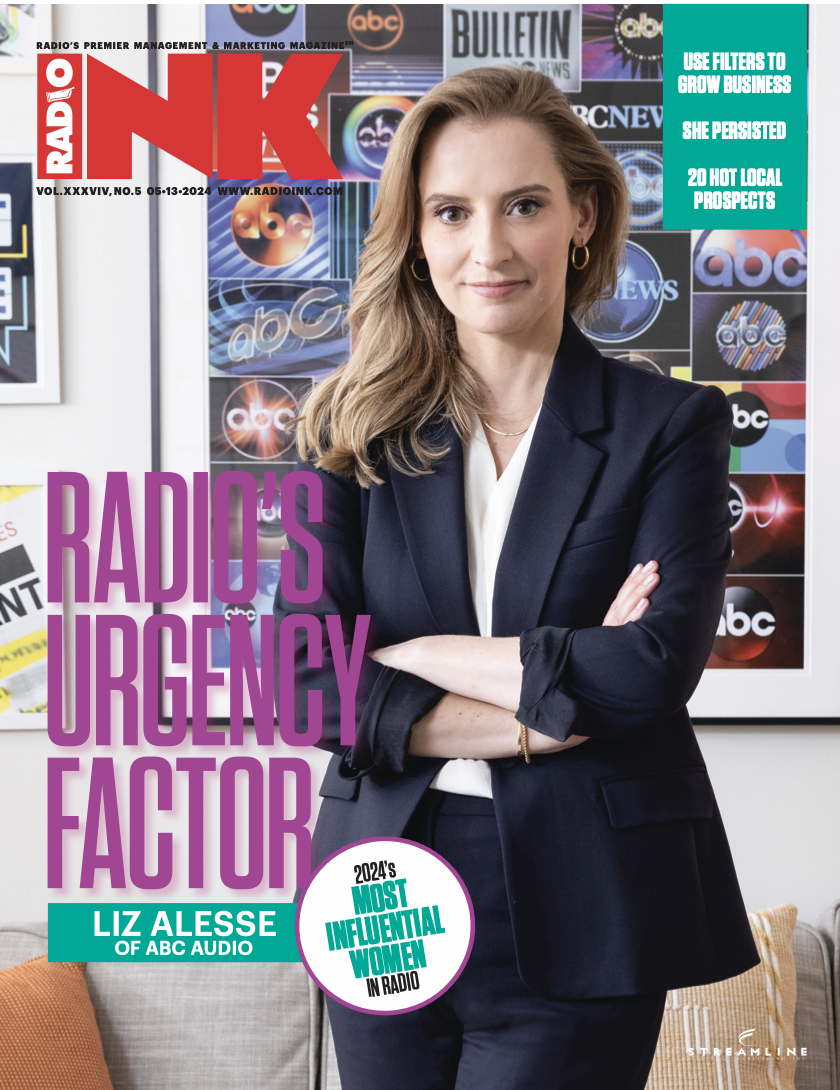
(By Jeff McHugh) Is your show underperforming in Nielsen because it airs live? Many hosts prefer doing a live radio show, which can sometimes hold a show back.
Early radio was all live. There were great shows in the Golden Years of Radio, but much of it was not very good. The only media competition back then was static newspapers, magazines, or books.
Today, short attention span audiences have grown accustomed to well-edited streaming content with fast-forward and “skip intro” buttons. How does the linear content on FM radio shows compare?
On certain occasions, live radio is truly exciting. This week, we enjoyed live reports on 98 Rock’s Justin, Scott, and Spiegel from the wreckage of the Francis Scott Key Bridge in Baltimore as the container ship Dali was refloated.
On other occasions, live radio is impossible. In 2011, when I was an Operations Manager, a tornado came through St. Louis one weekend evening. When asked on Monday why our cluster did not have live bulletins beyond EAS, I leaned forward and said, “Layoffs.”
The best live content these days is often highly rehearsed, such as standup comedy or a theatre performance.
Great live content is often scripted. I enjoy FM News 101 here in Portland, and their best shows are the morning and afternoon newscasts with live anchors working from well-written copy.
Improvisation can be great content. But even the popular improv show Whose Line Is It Anyway would edit out some scenes that fell flat.
Sports fans – who still prefer live games – are trending towards watching later on-demand. I know people who watch games that way so they can skip commercials. My girlfriend Terri and I record Formula 1 because who wants to get up at 6 a.m. on Sunday to watch the Monaco Grand Prix? (She does insist on watching the Chicago Cubs live.)
This is to say that we advise talent to use pre-production more effectively to improve the show. We do not recommend the big corporation practice of rushed, unprepared voice tracking by overworked talent. Consider making these moves if you haven’t already:
- Podcasting. Obviously, a podcast is pre-recorded, edited, and re-arranged. Often, a show’s podcast is better than the radio show. What would happen if more radio was produced like a podcast?
- No live interviews. Many shows today record the chat, play brief clips on the air, and make the full interview available on the station website. Fresh Air host Terry Gross says that many interviews they conduct do not make it to air.
- No live calls. Most listeners contributing to topics are not entertainers, and games are improved with editing.
- No one calls? Record them. Post a topic on social media in advance, then reach out and ask the most interesting responders to jump on the phone. Some shows set up a voicemail or use talk-back type apps for audience contributions.
- Recording can improve creativity. Many super-talented hosts struggle to contain conversational tangents during a live show. We have seen edited versions of highly spontaneous shows catch fire with audiences.
- Recycling. A great segment that airs once is a terrible missed opportunity. Airing re-recorded, polished A-grade content multiple times in a show is smart.
Most top-performing “live” radio today uses recorded pre-produced content — sometimes a little, sometimes a lot, sometimes all.
Jeff McHugh is known for developing remarkable talent for both morning and afternoon drive. He brings an uncommon mix of positivity, creativity, and strategy to the shows that he coaches. He is a member of the team at the Randy Lane Company. Reach Jeff at [email protected] and read his Radio Ink archives here.






